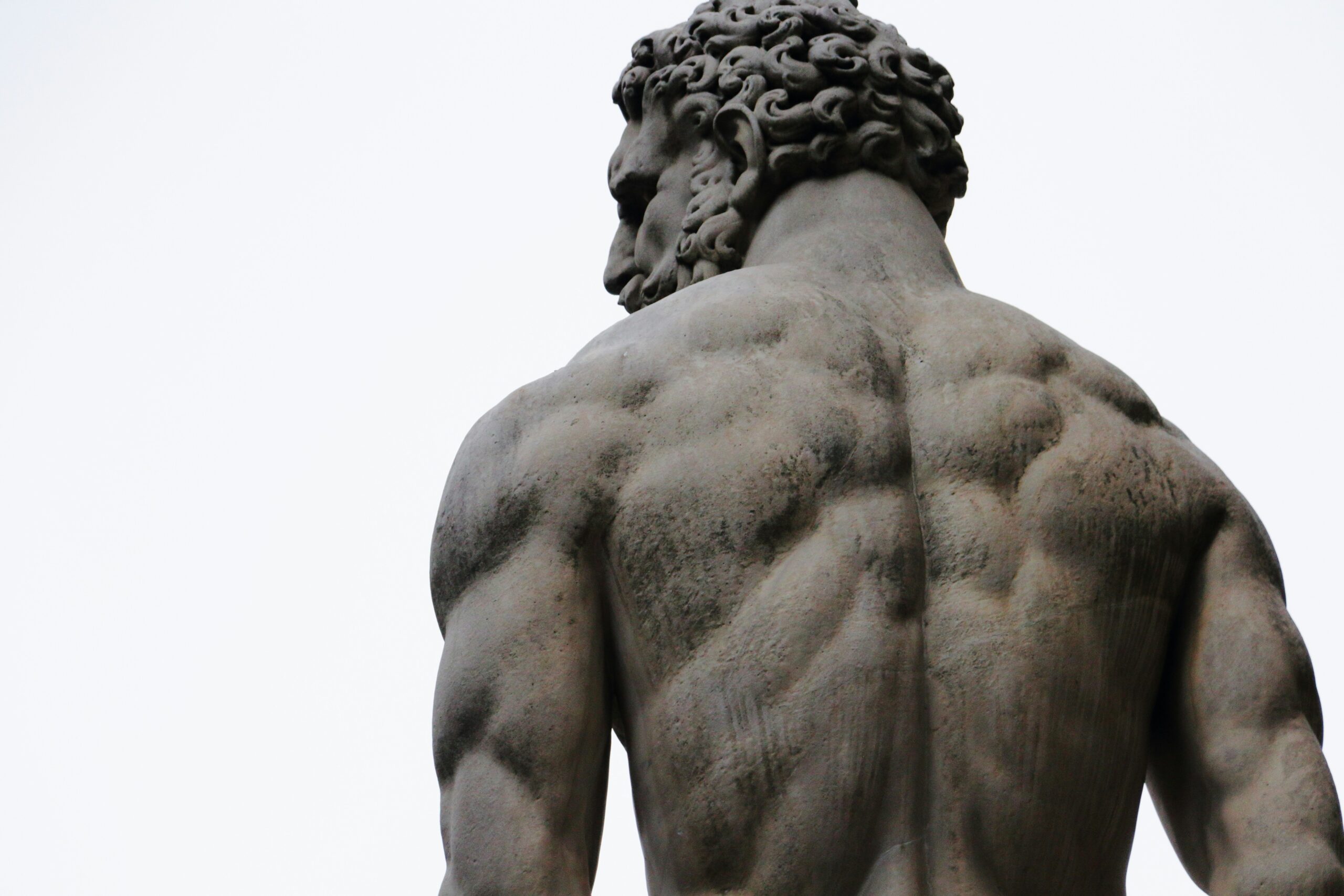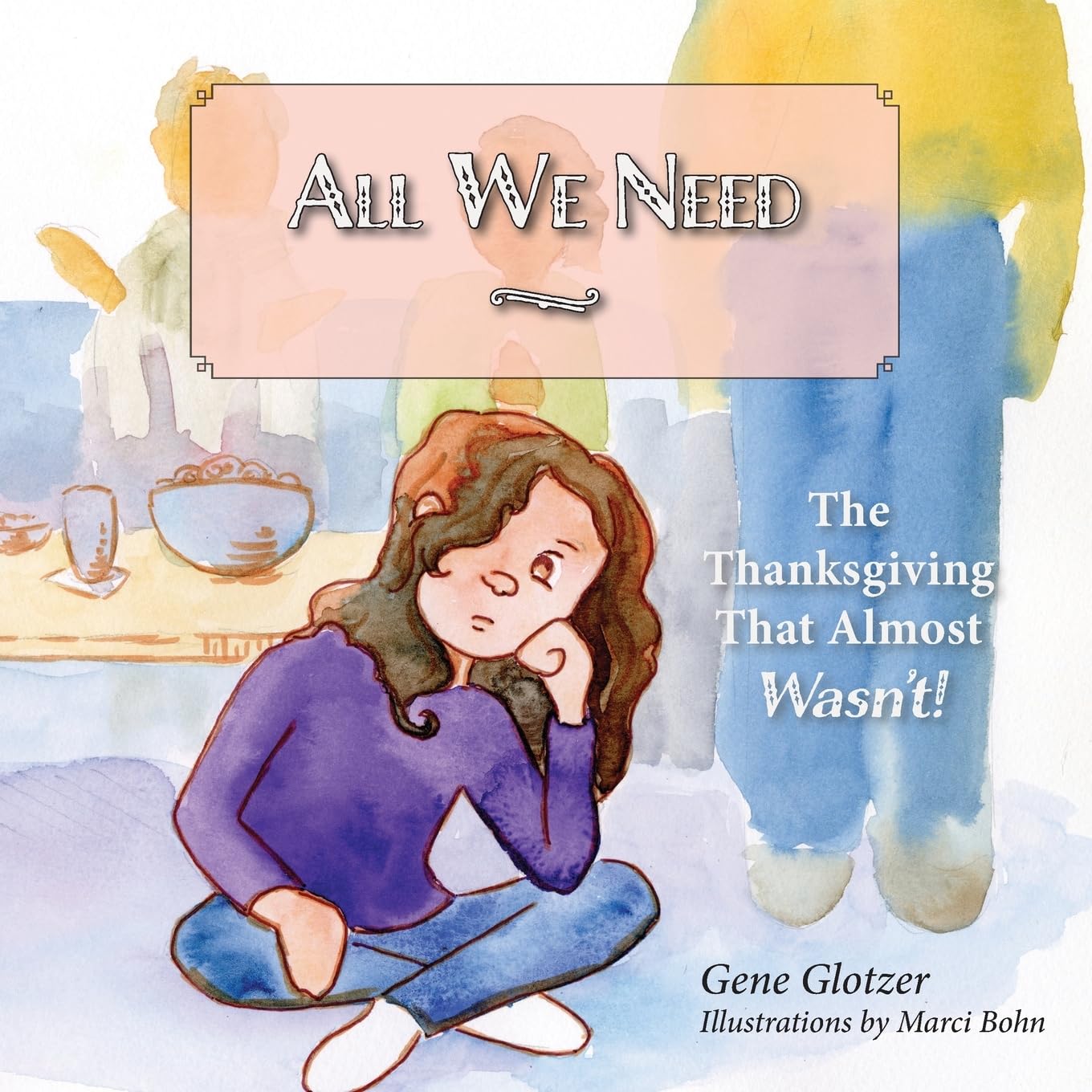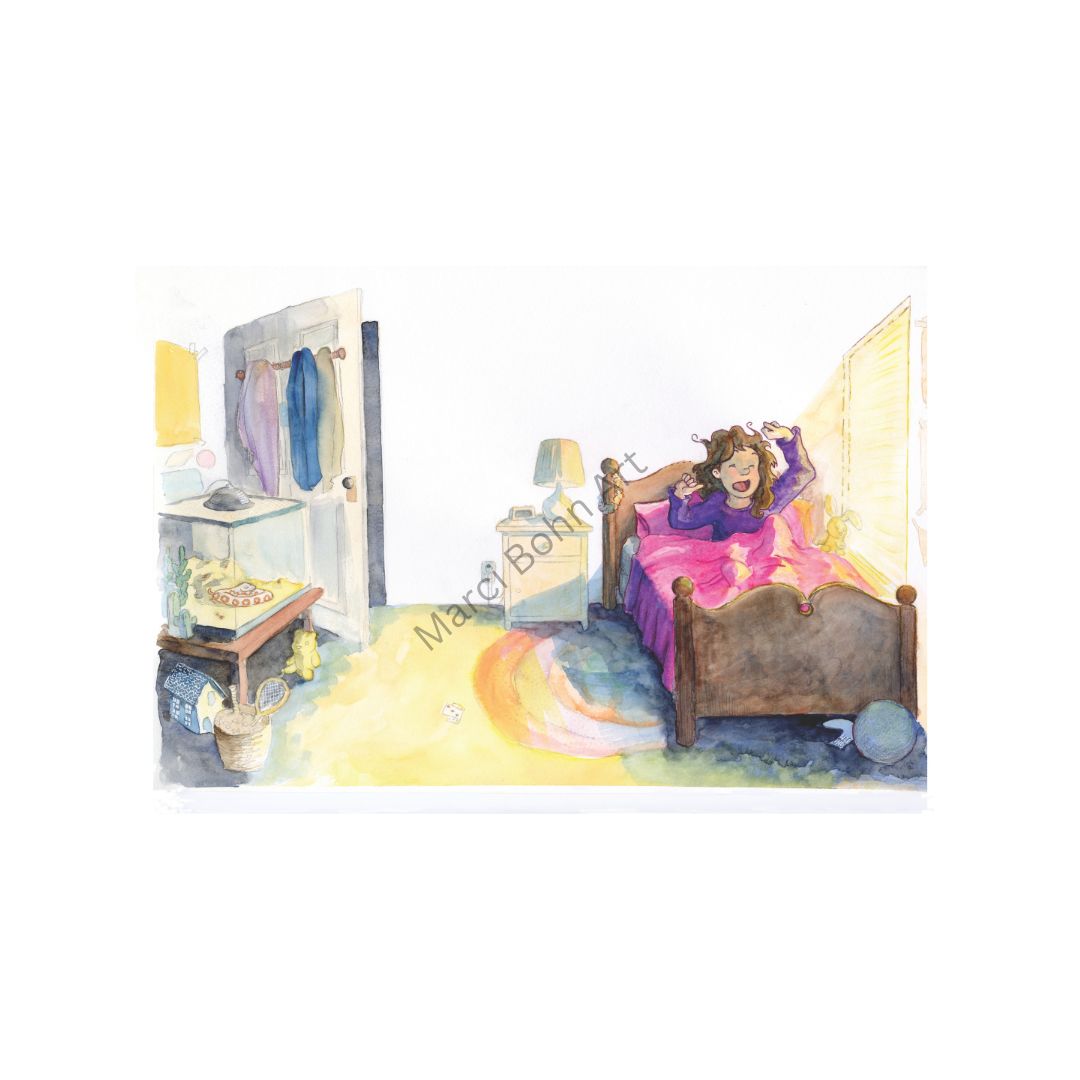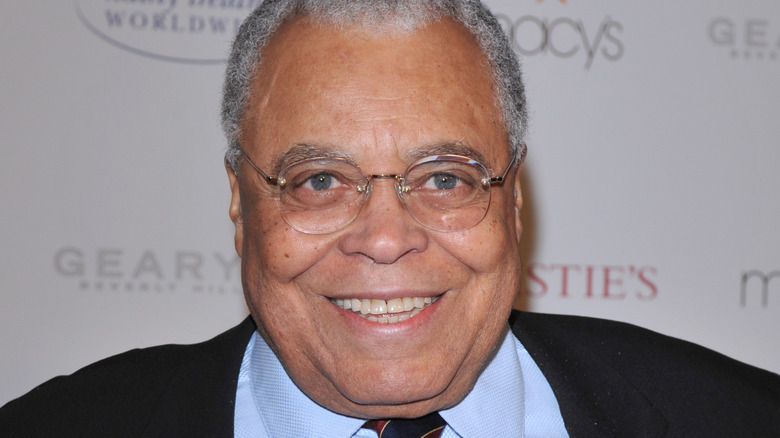
The first time I played Disgaea: Hour of Darkness was 2004. I’d just been kicked out of college. My depression had me sleeping all day and staying up all night, so a time sink like Disgaea was exactly what I needed.
The most recent time I played it was yesterday. I recently broke up with my girlfriend, and the pandemic turned night into day months ago. I have nothing but free time, so Disgaea fit the bill perfectly.
The gameplay for Disgaea is amazing, but there are enough reviews for the game if you’re interested in that. What brings me back to this game over and over instead of its numerous sequels is the story.
It’s fairly simple: the main character, Prince Laharl, is a demon. His father, the Overlord, has died, so he has to reconquer the Netherworld to assume the title with his vassal, Etna. Along the way, an angel trainee named Flonne is sent to the Netherworld to assassinate the Overlord. When she reaches the Netherworld, she decides that she can’t kill Laharl unless she’s sure he’s evil, so she joins his team to see firsthand.

Various hijinks ensue, and ultimately a pair of humans joins the team as well. They work together to thwart a plan by an evil angel to take over the universe.

Like I said, it’s a simple plot. What I enjoy is the message. It’s all about the Power of Love and Friendship™. Flonne’s mission was actually a plan to bring angels and demons together, to see that they have things in common and can coexist. The mission was setup by the Seraph of Celestia (where the angels live) and the Force Ghost of Laharl’s father, the Overlord.

But what I truly enjoy about the game is that it’s not just about Flonne teaching the demons to love, although there’s alot of that. Flonne also has to learn that demons show love in their own ways, and that her way of seeing things is not the only correct way.

It’s a lesson that’s had a profound impact on me recently. I’ve been undergoing what I would honestly call a transformation over the last year, and one of the main components of it has been a hard anti-authoritarian turn. It’s not simply a matter of distrusting the people in leadership, but distrusting the entire concept of hierarchical leadership in general.
That distrust stems from the disconnect between what I hear about other people versus what those people tell me themselves. A great example is QAnon. When I listen to the authorities, I’m told that QAnon believers are a threat. But I know QAnon people. I’ve talked to QAnon Uber drivers. They don’t say threatening things, at least not to me. I simply don’t agree with them. But, like Flonne, I’m finally understanding that not agreeing with someone is not the same thing as disagreeing,
That distinction was driven home for me recently after I called a Christian conservative. He ran for office last November, and left a flyer on my door. I held onto it, and finally found the time to call him in December. I simply asked him to explain his positions and why he felt that way.
One example he gave was his call to increase police funding. He said that racism is a problem for the police, and that more funding would help to train police better and get rid of the bad ones when necessary.
I finally learned to have a conversation like that, and hear where we agree: racism is a problem in the police. I don’t agree with his policy solution, but I don’t disagree with this guy. He’s just different, with a different background and different experiences, so he wants to solve a problem a different way. But there’s common ground there, and in some other areas we talked about.

When demons, angels and humans spent time with each other, they found that they didn’t have to be enemies. In fact, they found commonality and even love for each other. When I talk to the people who have been described to me as my enemies, they don’t sound like my enemies (and the people who say they’re my friends sound way more threatening, like the evil angel. But that’s another essay). I’m not saying that everyone can be my friend, but I think that I should find that out for myself.









